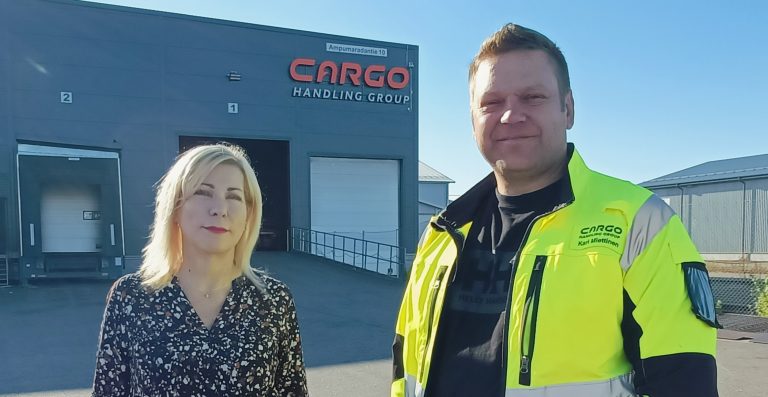International trade forms the backbone of the global economy, where port services function as a critical link in the exchange of goods between countries. Ports are not just physical structures, but complex logistical nodes that enable smooth and efficient management of global goods flows. Efficiently operating port services can significantly shorten delivery times, reduce logistics costs, and improve supply chain reliability. In this article, we examine how modern port solutions support international trade and serve as enablers of companies’ global competitiveness.
The Role of Ports in the Global Trade Network
Ports serve as strategic nodes in international trade, where sea, land, and rail transportation converge. They are much more than just loading and unloading points – they are complete logistics ecosystems that integrate different modes of transportation into a seamless whole. An estimated 80 percent of world trade travels by sea, highlighting the central position of ports in the global supply chain.
Modern ports have evolved from traditional cargo handling points into versatile logistics centers that offer value-added services such as warehousing, containerization, document processing, and customs services. Port infrastructure is subject to continuous development as automation, digitalization, and sustainable development requirements reshape the industry. In an export-driven economy like Finland, the functionality and efficiency of ports are crucial for national competitiveness.
How Do Efficient Port Services Enhance the Supply Chain?
Professionally implemented port services significantly impact the performance of the entire supply chain. Integrated terminal services – loading, unloading, containerization, and warehousing – form a seamless entity that minimizes cargo handling instances and delays. Digital systems enable real-time information flow, which improves predictability and enables supply chain optimization.
The speed and fluidity of container traffic is one of the key efficiency metrics. When an expert company operating in the port manages container pre-notifications, terminal notifications, and customs services under one roof, throughput times can be significantly reduced. In handling bulk products, such as raw materials, specialized expertise and the right equipment are key. When a single operator manages the entire process, the number of interfaces is reduced, which in turn decreases the risk of errors and delays.
International Trade Challenges and Modern Logistics Solutions
International trade constantly faces changing challenges, the most significant being complex customs practices, growing documentation requirements, and the need for supply chain transparency. These challenges are particularly pronounced when handling specialty products or when operating in multiple market areas simultaneously. Modern logistics solutions address these challenges by combining expert knowledge and digital tools.
In port operations, real-time information is critical. Advanced ICT systems enable inventory management optimization and transparent information flow to all supply chain participants. When this is combined with experience in handling various materials – whether bulk raw materials or forest industry products such as cardboard, paper, and sawn timber – safe and efficient handling can be guaranteed for all types of products. Modern technology and local expertise together are the key to smooth international trade.
Comprehensive Logistics Service Supporting International Trade
In international trade, the best results are achieved when the logistics chain is viewed as a whole. Comprehensive logistics service covers all stages from origin to destination, integrating port terminals, transportation, and value-added services into one seamless entity. This approach reduces interfaces, enhances information flow, and minimizes delays.
We offer our customers tailored solutions that take into account the specific requirements of each product and supply chain. Whether it’s a single container delivery or a continuous material flow, professional logistics planning optimizes the cost-efficiency and reliability of the supply chain. Our specialized expertise includes handling, packaging, and bagging of bulk products, as well as containerization of forest industry products. When all logistics services – from terminal handling to forwarding and transportation – work seamlessly together, significant competitive advantage is created for companies operating in international markets.
Related Articles
- How does the import customs clearance process proceed step by step?
- Safe Implementation of ADR Transport on Roads – What You Need to Know?
- Bulk Cargo Handling in Port Terminals: Processes and Technologies
- Bulk product handling and containerization – professional cargo handling at the port
- How to organize container loading and unloading efficiently?







